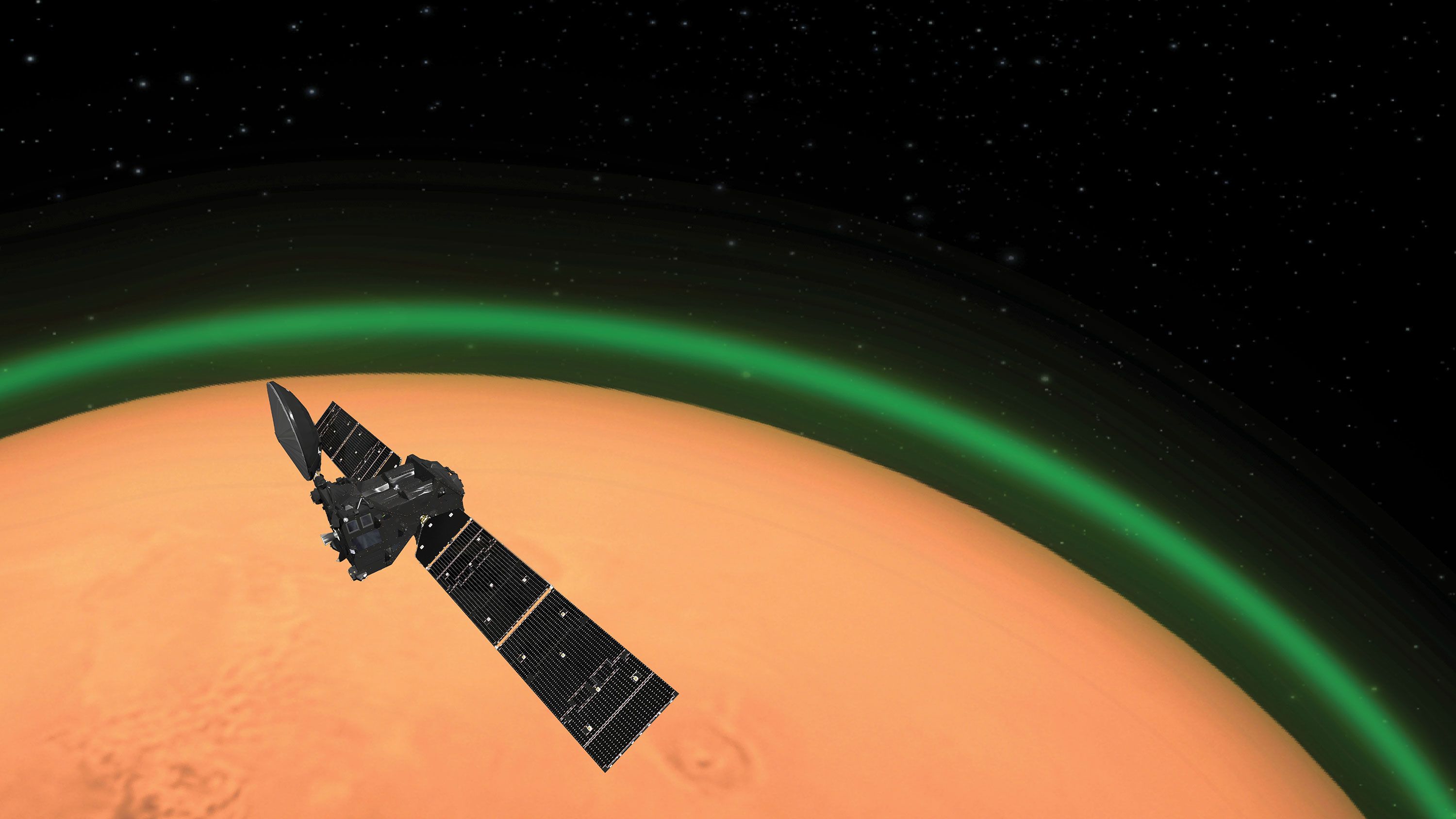“Green Mars” is a science fiction novel written by Kim Stanley Robinson, which is part of a trilogy of books that explore the colonization and terraforming of Mars. The novel focuses on the efforts of a group of colonists to transform Mars into a habitable planet by introducing new ecosystems and climate systems that can support human life.
While “Green Mars” is a work of fiction, it provides an interesting case study for exploring the potential challenges and opportunities associated with terraforming Mars. Some of the key themes and ideas explored in the book include:
- Climate engineering: The colonists in “Green Mars” use a variety of technologies and techniques to modify the climate of Mars, including the introduction of greenhouse gases to warm the planet, and the use of mirrors to reflect sunlight onto the planet’s surface. These techniques raise interesting questions about the ethics and practicality of climate engineering on a planetary scale.
- Ecosystem design: The colonists in “Green Mars” also work to introduce new ecosystems to Mars, including forests, oceans, and even genetically engineered organisms. This raises important questions about the potential risks and benefits of introducing non-native species to a new environment, and the challenges of creating self-sustaining ecosystems in a harsh and alien environment.
- Social and political challenges: The colonization of Mars in “Green Mars” also raises important questions about the social and political dynamics of a new society. The colonists in the book must navigate complex power struggles and ideological differences as they work to build a new society on a new planet.
Overall, “Green Mars” provides a fascinating case study for exploring the scientific, ethical, and social challenges associated with the potential colonization and terraforming of Mars. While the technologies and techniques described in the book are still largely hypothetical, they highlight the important role that science fiction can play in inspiring new ideas and imagining new possibilities for the future.
Mars Case Study: Climate Change
Mars is a fascinating case study for exploring the concept of climate change. While Mars is a planet with a very different climate and atmosphere than Earth, there are still important lessons that can be learned from studying its history and evolution.
One of the most striking features of Mars is its lack of a significant atmosphere. While the planet does have a thin atmosphere composed primarily of carbon dioxide, it is not thick enough to retain heat and create a stable climate. As a result, the surface of Mars experiences extreme temperature fluctuations, ranging from as low as -143 degrees Celsius to as high as 35 degrees Celsius, depending on the time of day and location on the planet.
However, there is evidence to suggest that Mars may have had a more Earth-like climate in the past. Some scientists believe that Mars may have had a thicker atmosphere and even liquid water on its surface at some point in its history. This raises important questions about what might have caused the planet’s climate to change so dramatically over time.
There are several factors that may have contributed to the climate change on Mars, including:
- Loss of atmosphere: One possible explanation for Mars’ current climate is that the planet may have lost much of its atmosphere over time. This could have been caused by a variety of factors, including the impact of asteroids, solar winds, and the loss of magnetic fields.
- Changes in the planet’s orbit: Mars’ orbit around the sun is highly elliptical, meaning that the planet’s distance from the sun can vary significantly over time. This could lead to changes in the amount of sunlight and heat that the planet receives, which could have a significant impact on its climate.
- Volcanic activity: There is evidence to suggest that Mars may have had significant volcanic activity in the past. This could have released large amounts of greenhouse gases into the atmosphere, which could have contributed to a warmer and more stable climate.
Overall, studying the climate history of Mars can help us to better understand the complex factors that contribute to climate change on our own planet. By studying other planets in our solar system and beyond, we can gain valuable insights into the processes that shape our universe and the challenges that we face in protecting our planet and adapting to a changing climate.



